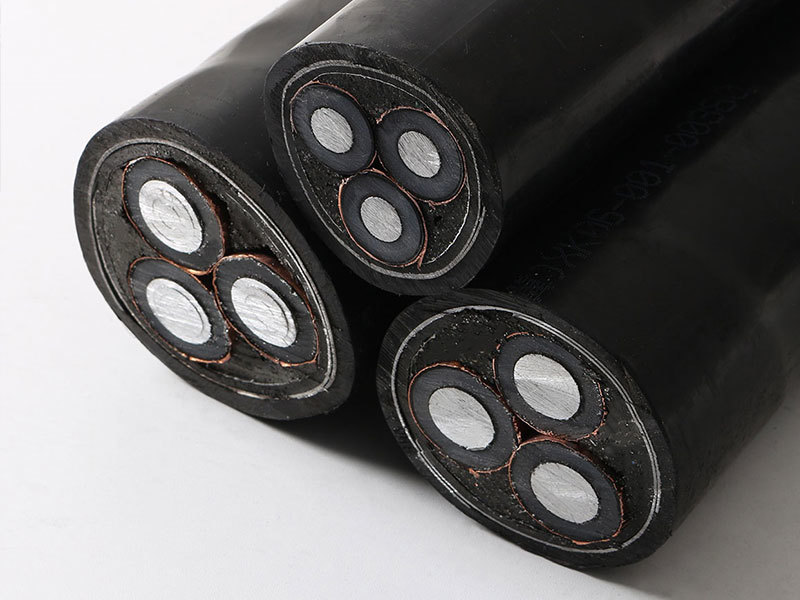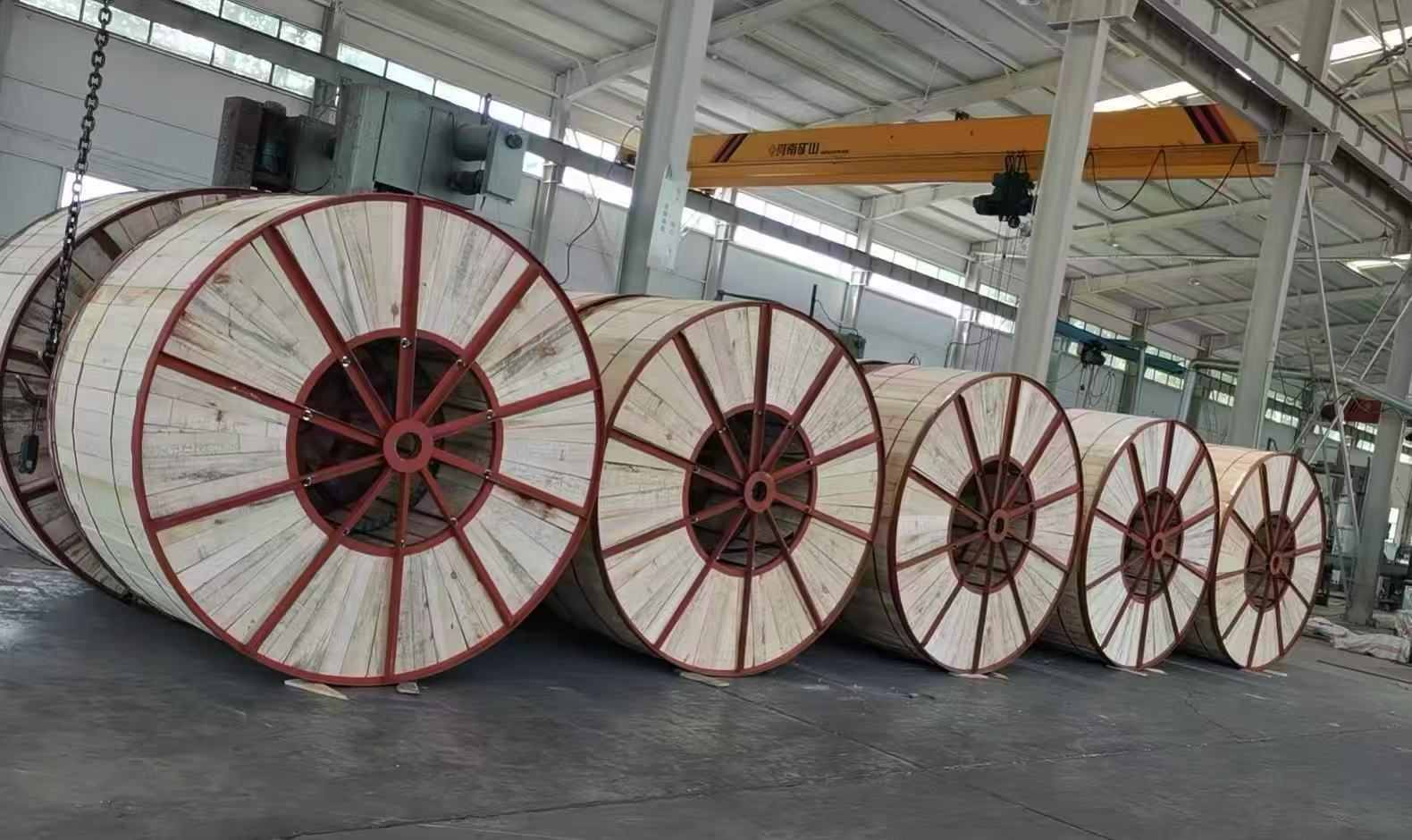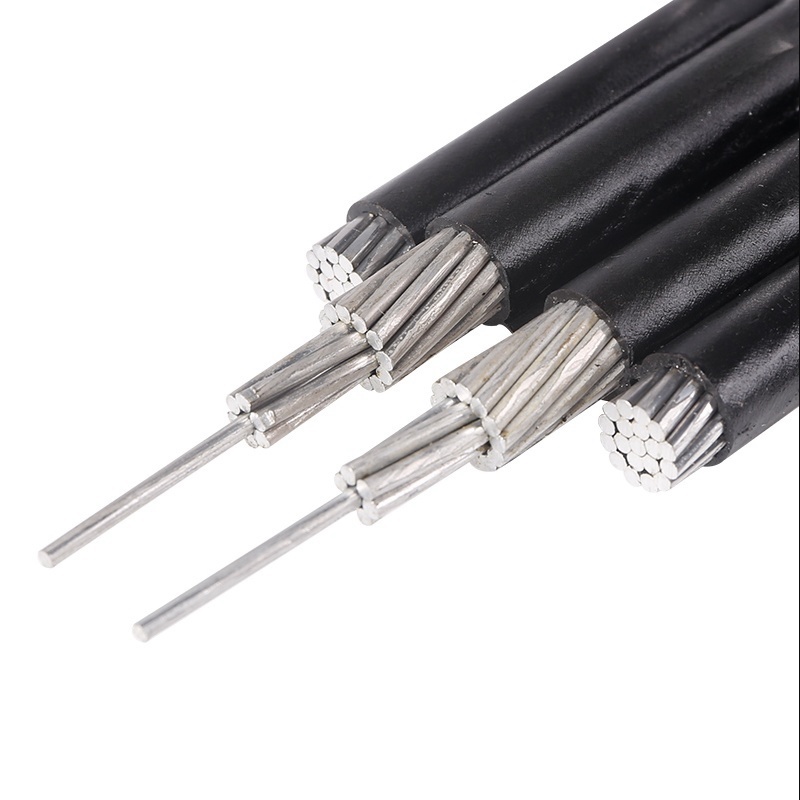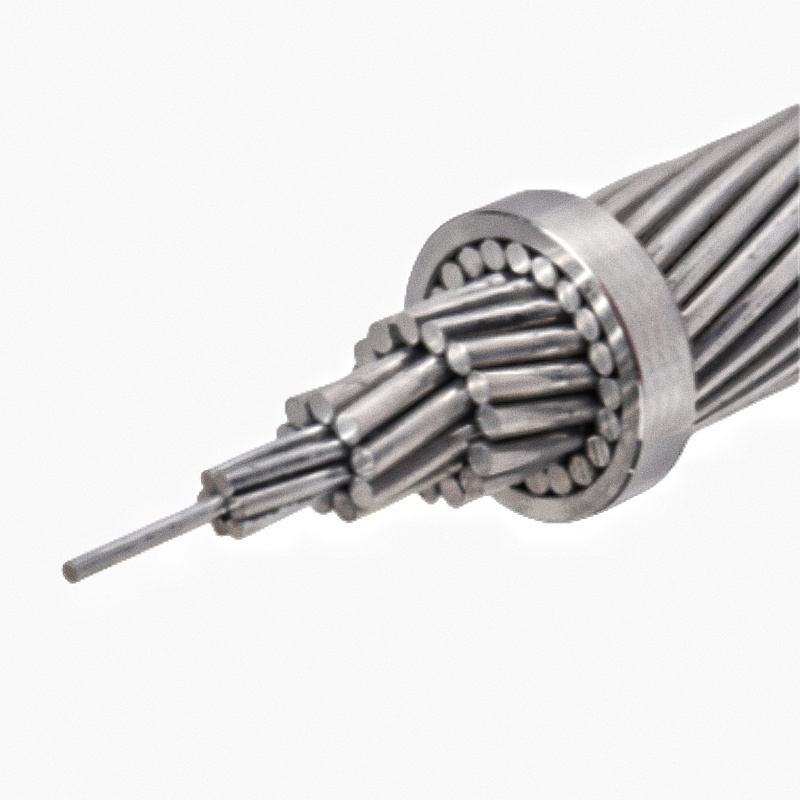What are the differences between YJV cables and YC cables?

YJV is a cross-linked polyethylene insulated power cable, abbreviated as XLPE, which belongs to plastic cables. It has a hard texture, a temperature resistance level of 90 degrees, and a high voltage level ranging from 1KV-220KV; Suitable for fixed installation, there are high-voltage cross-linked cables and low-voltage cross-linked cables.
YC is a universal heavy-duty rubber cable, abbreviated as rubber cable, with a soft texture, a temperature resistance rating of 70 degrees, a voltage rating of 450/750V, and suitable for mobile installation.
1. Different product structures
YJV cables are mainly composed of conductors, polyethylene insulators, fillers (nylon), PVC composite materials, etc, PVC sheath, in which the conductor is mostly copper core and the filler is mostly nylon or other materials, plays a role in protecting the wire core; If it is an armored power cable, a layer of steel tape armor will be added between the filler and the sheath to prevent the cable from being buried underground under pressure. The type of steel belt armor is PVC sheath, which is very common in 22. PVC material.
YC cables mainly use copper wire conductors and rubber insulation. The insulation layer is made of pure natural rubber, and the conductor has good oxygen free copper conductivity.
2. Different execution standards
YJV cable execution standard: GB/T12706-2008。
YC cable execution standard: JB8735-1998。
3. Different working temperatures
The ambient temperature of YJV cable is 25 degrees Celsius, and the working temperature is 80 degrees Celsius.
The ambient temperature of YC cable is 25 degrees Celsius, and the working temperature is 65 degrees Celsius.
4. Summarize other differences
1. The materials used are different: YC rubber cables have rubber insulation and sheath materials, using IE4 rubber for insulation and SE3 rubber for sheath; YJV uses cross-linked polyethylene (XLPE) for insulation and polyvinyl chloride (PVC) for sheath
2. The voltage levels are different: YC type cables have a rated operating voltage of 450/750V and below, while YJV type cables have a rated operating voltage of 0.6/1KV and below.
3. Different usage scenarios: YC cables are used for mobile power cords of various electrical equipment such as household appliances, electric machinery, electrical equipment, and appliances. YJC is used as a fixed installation for power transmission and distribution.
4. The maximum long-term operating temperature of conductors is different: the maximum allowable operating temperature of YC cable conductor is 65 ℃, while the maximum allowable temperature of WDZN-YJV cable conductor is 90 ° C.
TAG:
Related Posts









